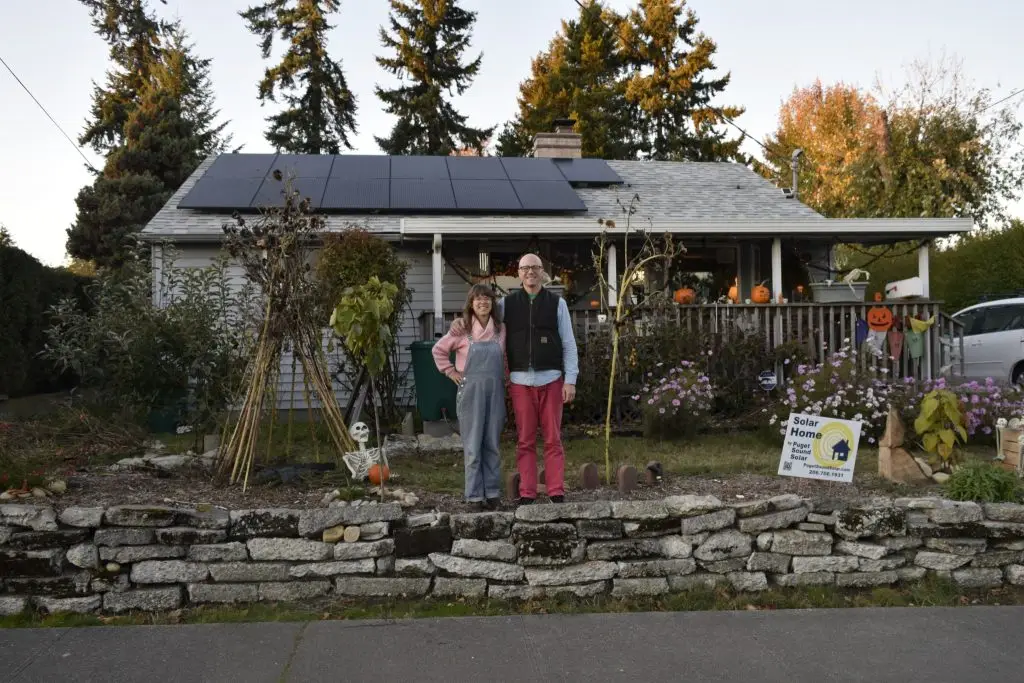
One of the important social justice issues facing the solar industry is making solar affordable for all economic groups.
One mechanism which has helped solar’s growth since 2005 is the Investment Tax Credit however this only helps those who can benefit and wait for tax credits (currently 26%) – and that group skews toward the more affluent.
People in low- and moderate-income (LMI) households often want solar but cannot afford to wait for the following tax year (or years) for reimbursement so they don’t move forward with a solar project that could help them manage their energy costs in the long run.
A group, Residential Renewables for All is proposing to make an adjustment so that instead of a tax credit, people could get a refund for the same amount via direct pay, reducing the wait to receive the 26% benefit of going solar.
Residential Renewables for All sent a letter to leaders of the Senate Finance and House Ways & Means Committees today supporting a direct pay option for the residential energy efficiency property tax credit (26 U.S.C. § 25D).
If you’d like to help out with this push to make renewables affordable for more people, sign on to the letter to congressional leaders here. Call your congressional members and tell them you want to see section 25D direct pay. Find your congressional representative and their contact information here.

In 2019, Puget Sound Solar installed solar for eleven low- to moderate-income homeowners who now make electricity from the sun, thanks to Solarize the Land Trust, a project piloted by Spark Northwest and Homestead Community Land Trust in King County, Washington.
We want to see everyone who wants to go solar to be able to afford to do so and this would be a good step in that direction.



